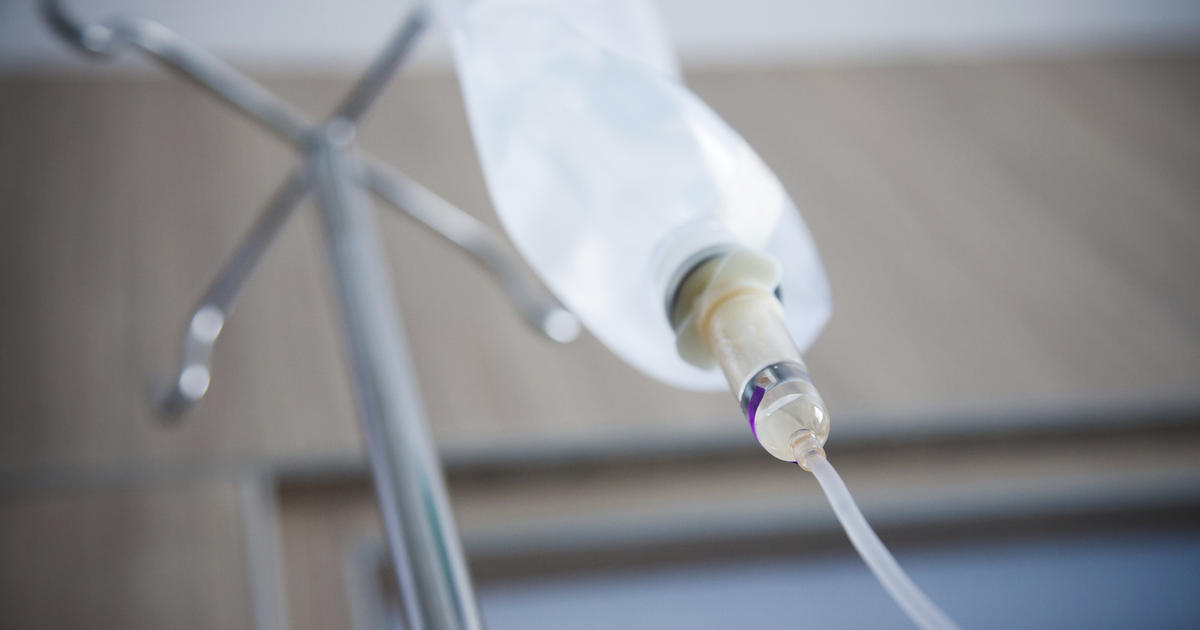How To Treat A C. Difficile Infection
Fluids And Nutrition

An individual who develops a moderate C. difficile infection may experience complications that result from the symptoms caused by the infection. When C. difficile bacteria grow out of control in the colon, it produces several toxins that cause widespread inflammation to the linings of the intestine. Damage and inflammation of the intestinal lining can impair the individual's ability to absorb nutrients and fluids from their digested food. The result of this malfunction is diarrhea because the stool contains extra fluid that should have been absorbed. Malnutrition can also occur from the inability to absorb important vitamins, minerals, and other substances from the digested food. Individuals who have diarrhea are likely to develop dehydration because they are losing a larger quantity of fluids from the body then the quantity they can take in. Dehydration should be treated in a hospital setting with supportive intravenous fluids when the patient is unable to keep fluids down. If a patient's condition reaches the point where they cannot keep food down and are in a febrile state, they may also require treatment with intravenous nutrition.